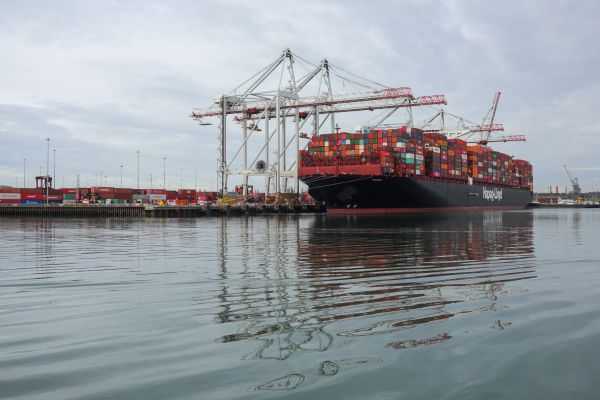Legal expert article: Where is the end of protectionism?
Reference News Network reported on February 18, On February 15th, the website of the French newspaper Echo published an article entitled "Where is the end of protectionism? The author is Christian Desbois Searle, emeritus professor at the University of Paris I and vice president of the French Economists Association. The content is compiled as follows:
At the end of January this year, the first Washington economic talks jointly sponsored by the French Institute of Economists and the French Embassy in the United States were officially held. The main topics discussed in the talks are the development trend of globalization and the challenges faced by international cooperation.
Are we going to "go global"? Most of the globalization process has been difficult to reverse, and high-tech is a good example. The so-called "de-globalization" is just a split trend involving global trade or capital flow.
It is in this case that the American Inflation Reduction Act has also become a topic of discussion. Because of this bill, the United States has made most of its major trading partners respond one after another.
The signal given by the bill brings at least one positive aspect: the United States has begun to pay attention to the response to climate change again. But Europe will also be directly affected, because the attractiveness of funds in the United States has obviously increased. The position of many European companies has pointed to this.
Europe is no longer as naive as it used to be, and responds by increasing government subsidies. Europe’s strategic thinking is clear: strike back at the subsidy policy of the United States and other unreasonable policies that make competition go astray. However, there is a real challenge behind this: if the subsidy policy is used too much, will there be problems in the European unified market? Many EU member States are hesitant to increase subsidies, because it is very beneficial to those big countries (especially Germany and France).
Different attitudes between small countries and big countries remain an important factor of division. However, the dominant "non-cooperation" situation in public opinion is actually far from being formed. Adam Posen, director of the Peterson Institute for International Economics in the United States, suggested that Europeans "go to the World Trade Organization to launch actions against the United States". In the face of rampant protectionism, this is a good opportunity to rethink how the WTO works and its power.
When it comes to trade, everyone is used to targeting big trading countries. However, emerging countries and developing countries will be directly affected by the Inflation Reduction Act and other countries’ counter-measures The trade logic of the United States is to distinguish friendly countries from other countries, while Africa and many southern countries are listed as "other countries".
However, the southern countries have been affected by the tightening of monetary policy in developed countries, and are facing capital flight, currency war and forced interest rate hikes.

The Washington economic talks also mentioned a topic that the French Economists Association has been talking about for two years: the redistribution of the re-created SDR share, and the transfer of developed countries to southern countries. At present, Africa is expecting, France is pushing, and the US Senate is freezing.